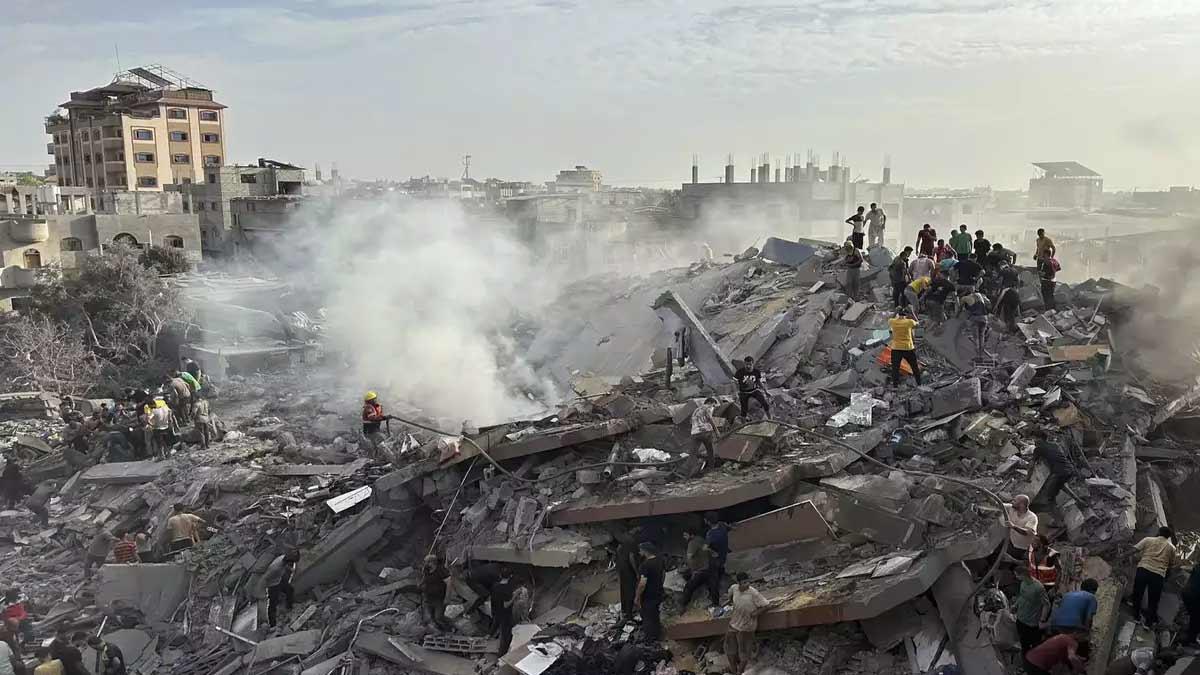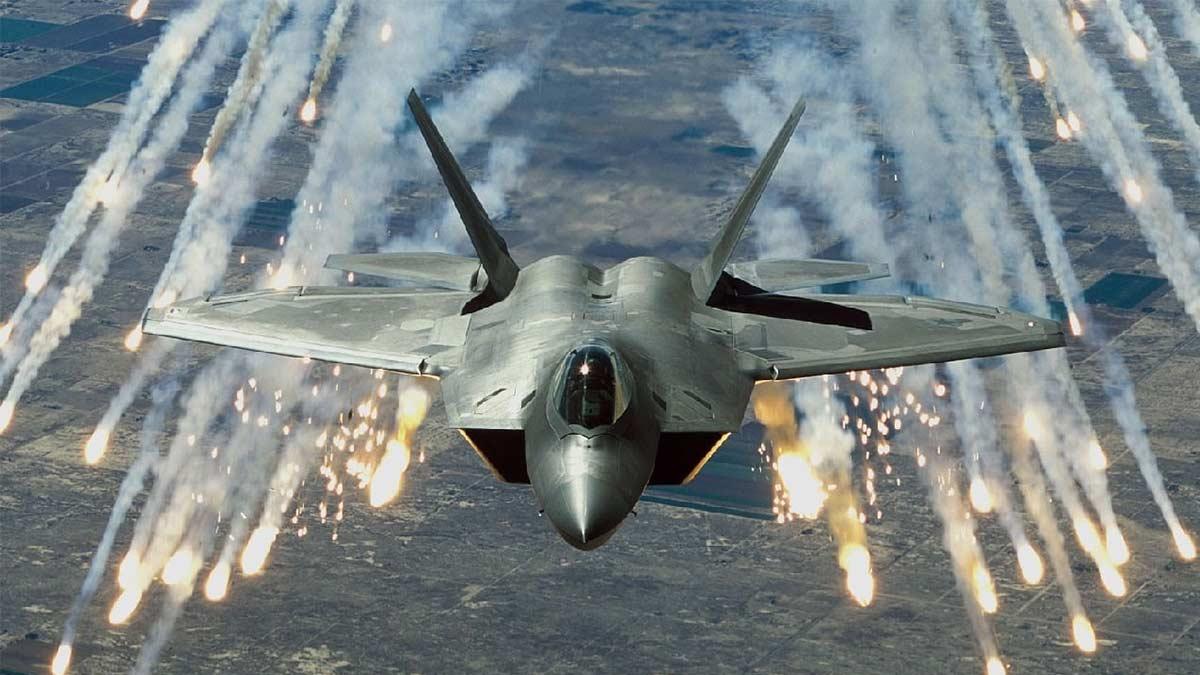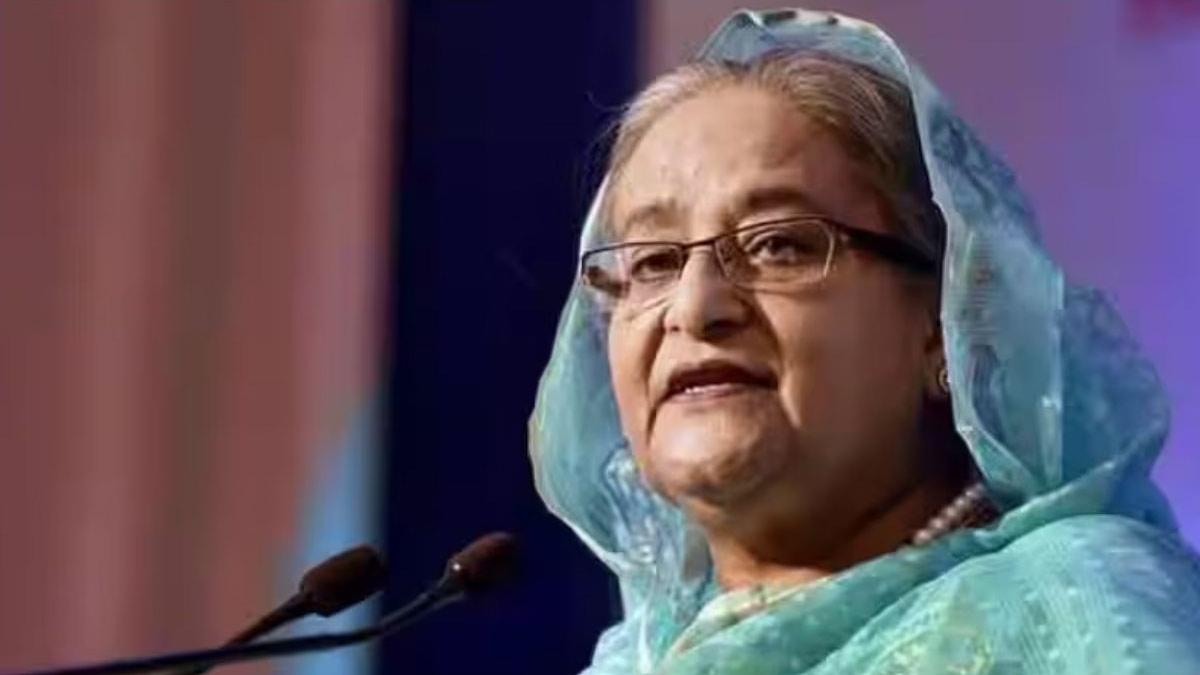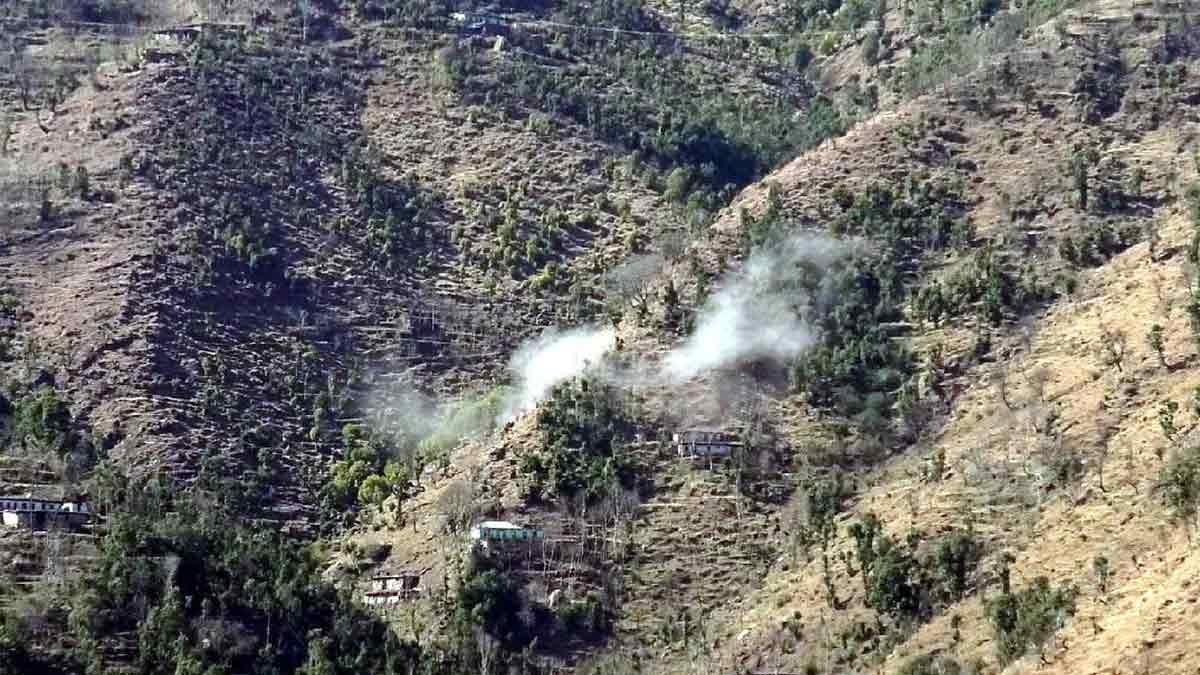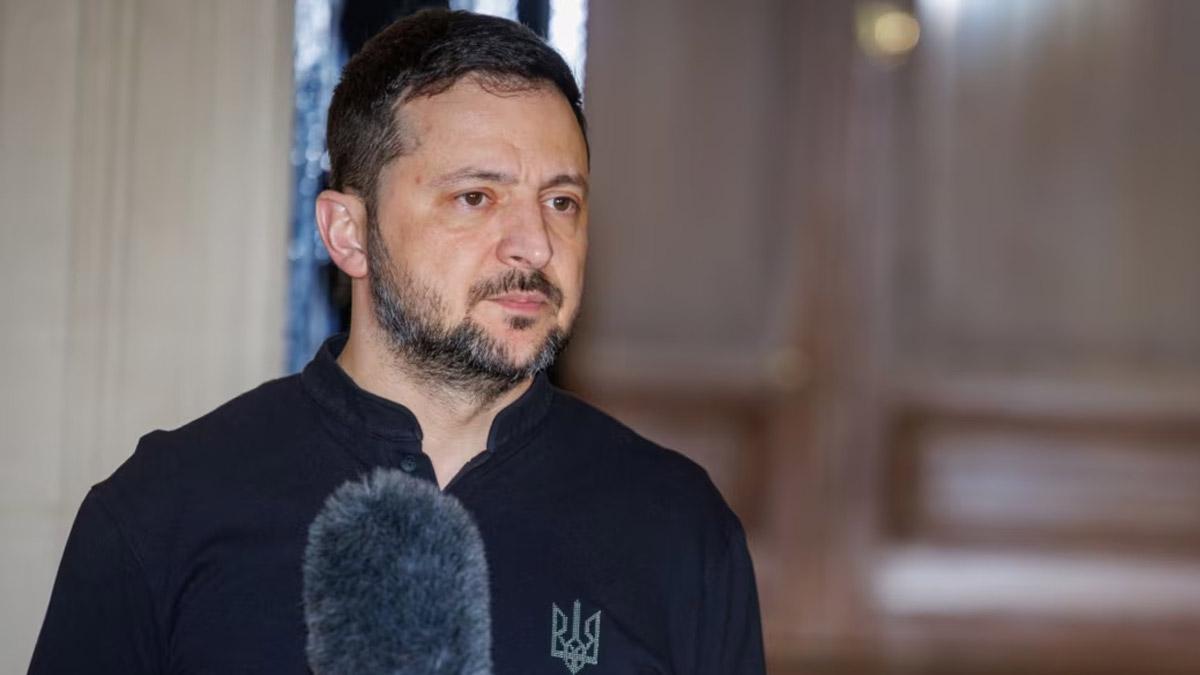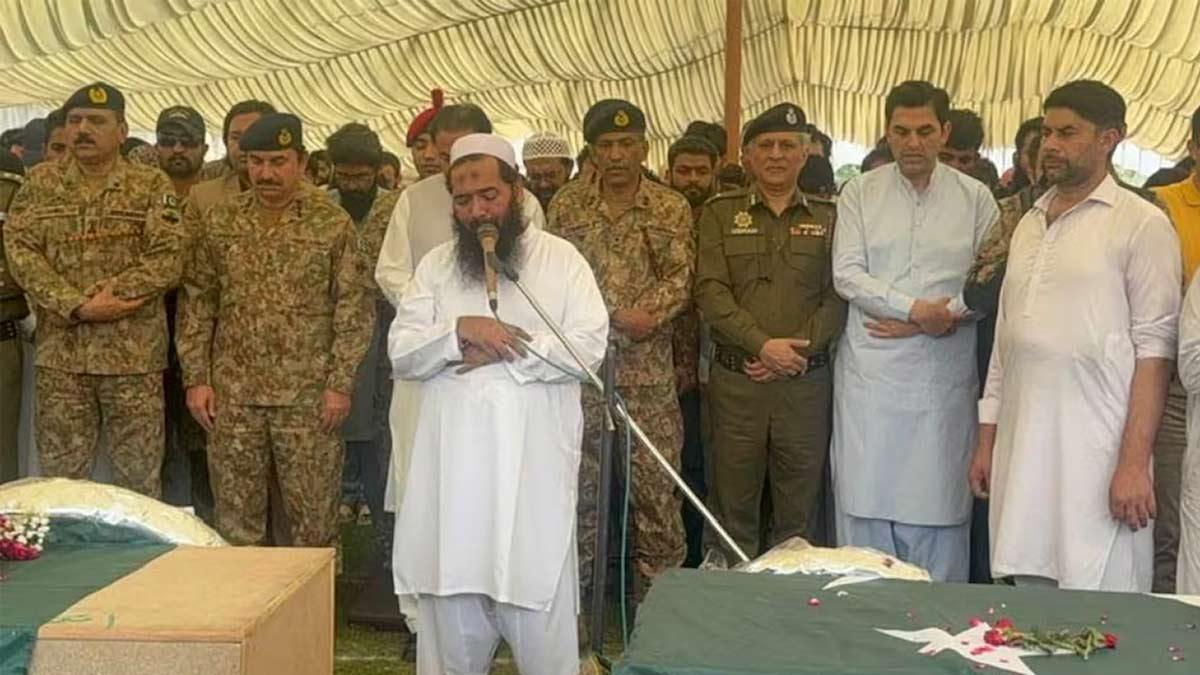The extension of the Israel-Hamas conflict into the surrounding region, marked by Houthi rebel attacks on shipping, is impacting India's economic interests, warns Deputy Permanent Representative R. Ravindra. Speaking at a Security Council meeting on the Middle East, Ravindra highlighted the direct relevance of the conflict on the safety of commercial shipping in the Indian Ocean, particularly in the vicinity of India.
Without specifically naming the Houthi rebels responsible for the attacks or pinpointing the location in the Red Sea, Ravindra emphasized that the situation is detrimental to all parties involved. The Houthi rebels claim their attacks are in solidarity with Palestinians facing Israeli assaults in Gaza.
Given the strategic importance of the Red Sea as a link between the Arabian Sea, Indian Ocean, and the Suez Canal, India's Navy is escalating its presence in the region. At a recent incident, an Indian naval ship intervened to protect a commercial vessel under attack.
In response to the escalating situation, a high-level Security Council meeting, chaired by French Foreign Minister Stephane Sejourne, was convened. Secretary-General Antonio Guterres expressed deep concern over the disruptions caused by Houthi attacks on global trade, calling for an immediate cessation of all attacks on merchant and commercial vessels in the Red Sea.
Guterres reiterated the necessity of a two-state solution for Israel and Palestine to end the conflict, criticizing Israeli Prime Minister Benjamin Netanyahu's rejection of this approach as unacceptable. He urged for de-escalation, condemning acts of terrorism and violence against civilians while emphasizing the need for a ceasefire.
Deputy Permanent Representative R. Ravindra condemned the loss of civilian lives in the conflict, reiterating India's unwavering stand against terrorism in all its forms. He called for the immediate and unconditional release of all hostages held by Hamas, supporting a two-state solution for lasting peace in the region.
U.S. Under Secretary of State Uzra Zeya affirmed President Joe Biden's belief in a two-state solution and stressed the importance of a strengthened Palestinian Authority. While denouncing Hamas assaults on Israel, Zeya also urged Israeli leaders to do more to protect civilians and investigate settler violence.
Amid calls for a ceasefire, Palestine's Foreign Minister Riyad al-Maliki advocated for full UN membership for Palestine. This sentiment was echoed by several ministers, including Malaysia's Foreign Minister Mohamad Hassan.
Israel's representative, Gilad Erdan, criticized the effectiveness of the UN in addressing Middle East issues, expressing concerns that a ceasefire could allow Hamas to regroup and rearm, posing a threat to Israelis.
(With Agency Inputs)

